Dengue is a disease that can cause complications if not treated promptly and early. It is a viral infection that is transmitted through the bite of the Aedes Aegypti mosquito.
This disease is classified into two types: dengue and severe dengue, previously called “hemorrhagic dengue.” The World Health Organization (WHO) states that infected people may experience symptoms such as fever, headache and pain in other parts of the body, nausea, and some skin rashes.
For this reason, it is important to detect the symptoms of the disease and see a doctor as soon as possible if you experience discomfort related to this viral infection. If you already know that you have dengue and are convalescing, we share with you some recommendations to stay hydrated during this period. Also, remember that the most important thing is to follow the instructions of your trusted doctor to the letter.
Why is it important to stay hydrated if we have dengue?
“ Proper hydration prevents hemoglobin and hematocrit from becoming concentrated and platelets from falling during convalescence from dengue,” says infectious disease specialist Johanna Samayoa. When platelets are reduced, there is a risk of hemorrhage and this can worsen the medical condition.
Calgua also mentions that the disease has three phases: febrile, critical, and recovery. In the first stage, the professional mentions that the high temperatures caused by the infection can cause a significant loss of water in the body.
Furthermore, if the patient has diarrhoea, this can also cause dehydration. For this reason, both professionals emphasize the importance of taking oral serums during convalescence, since pure water is not enough to rehydrate the patient.
What foods can help us stay hydrated if we have dengue?
Experts say that the most important thing is hydration through oral serums, according to the dose recommended by the family doctor for each patient . In the case of diabetics, there are special products for them that can restore their hydration.
However, some fruits, drinks, and foods can help rehydrate the patient. According to specialists, these are some foods that can be useful for this purpose, provided that your body tolerates them and you do not have any previous contraindications.
1. Jamaican Rose
Using this hibiscus, we can prepare natural water so as not to lose considerable amounts of liquid.
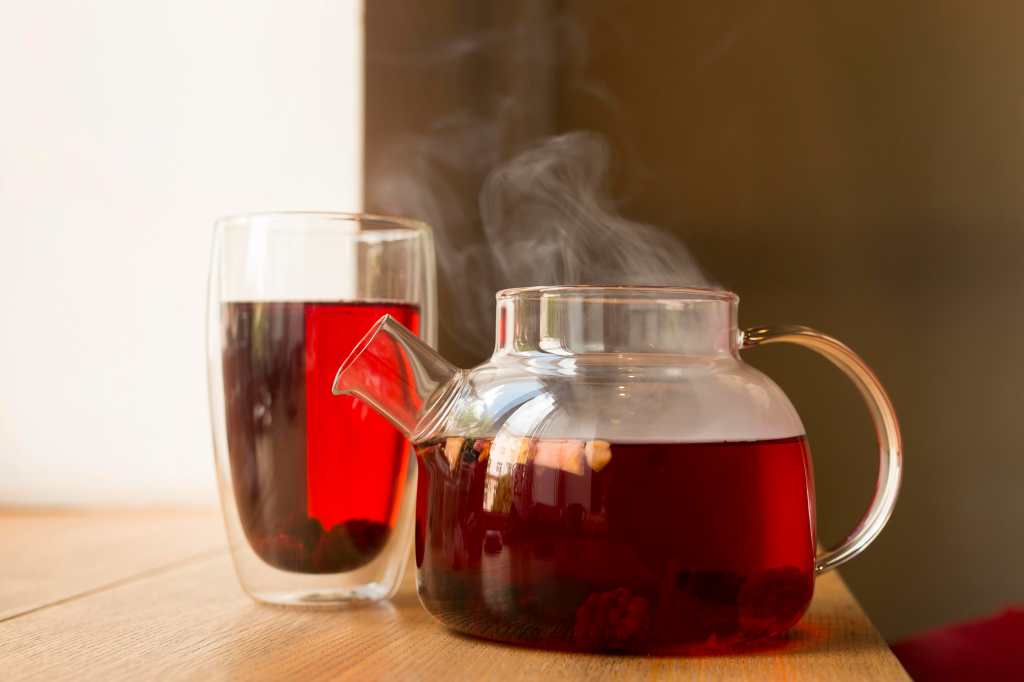
2. Lemons
Lemonade is a drink that can help us in our rehydration process, according to Samayoa. The specialist mentions that consumption of products such as soft drinks should be avoided during dengue convalescence.

3. Oranges
Like lemonade, orange juice is a natural soft drink that is useful for maintaining hydration during convalescence.
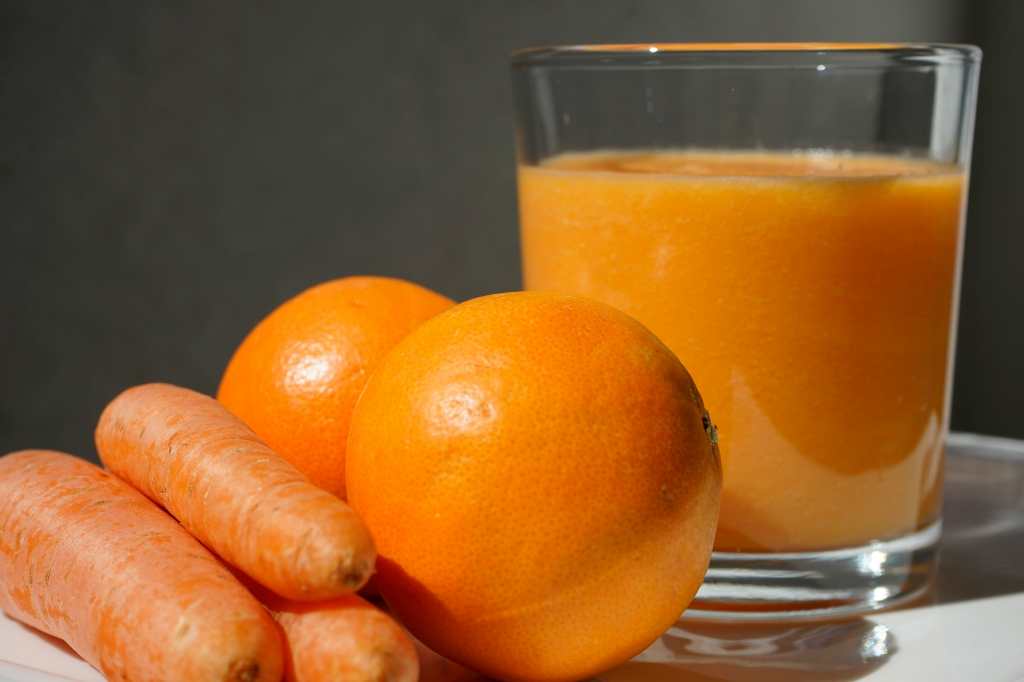
4. Watermelon
Due to its high liquid content, watermelon is a fruit that can help us not to lose so much fluid during convalescence.
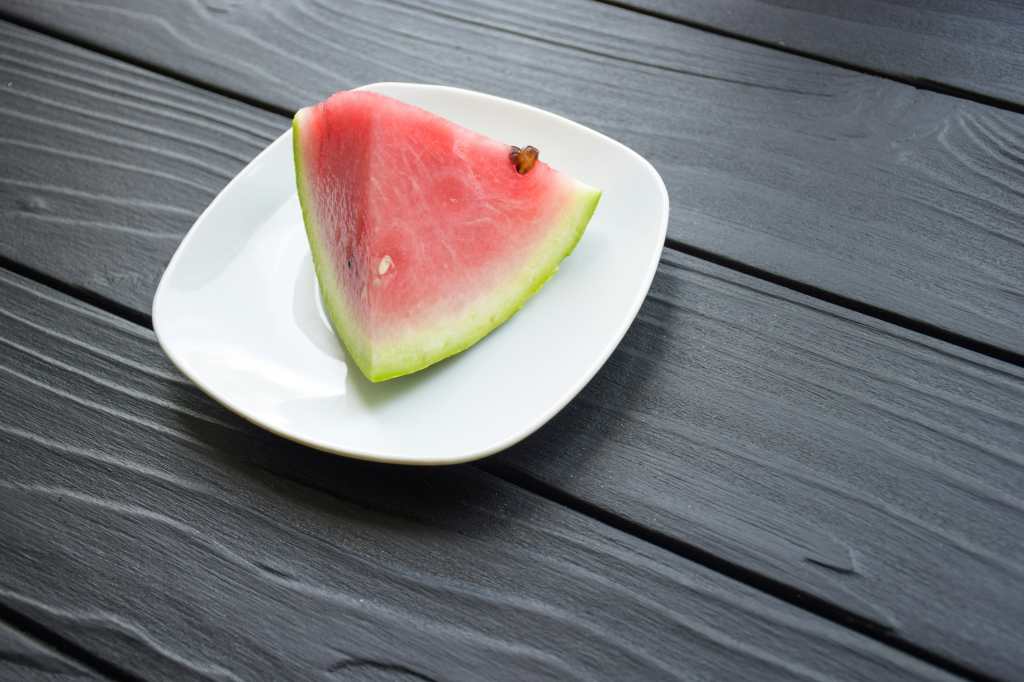
5. Pineapple
This fruit also has useful properties to help us stay hydrated. According to specialists, although there are no dietary restrictions, it is advisable to eat fruits, cooked vegetables, and, in general, healthy foods of natural origin with a high liquid content, if possible.
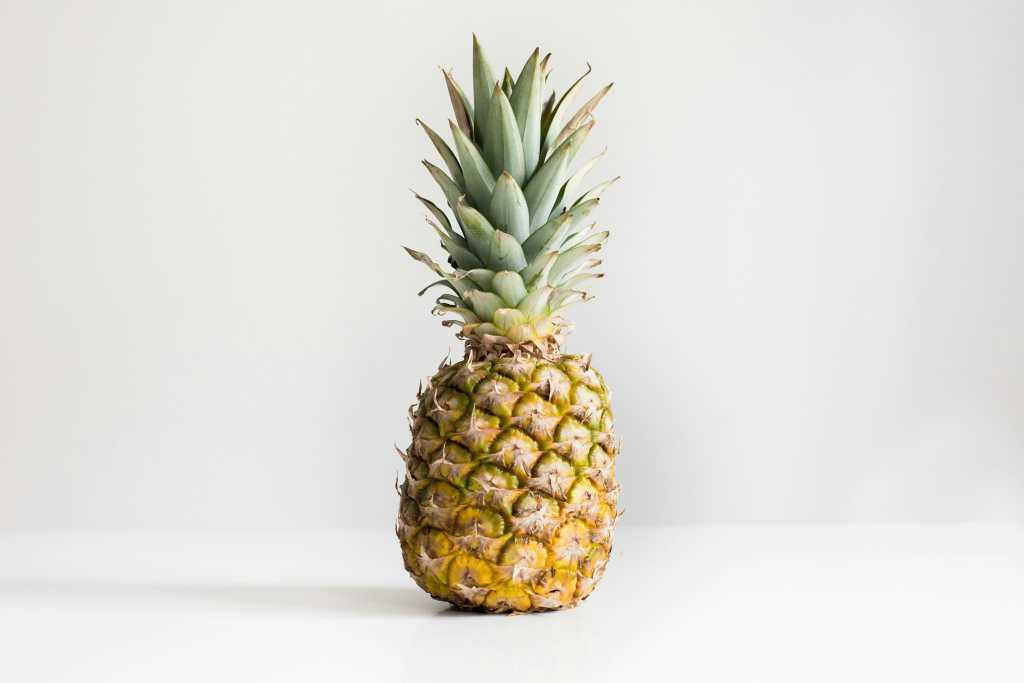
In the case of children with dengue, pediatrician Edgar Belteton mentions that the ideal drinks are oral rehydration serums with concentrations similar to plasma or oral rehydration salts. In general, the professional recommends a soft diet based on meat, chicken, protein, and carbohydrates, as long as there is tolerance to the food.
“It is important that if the patient is unable to hydrate orally, he or she should go to a hospital to be rehydrated intravenously,” says the specialist. This means that if the patient shows signs of dehydration that does not stop with IV fluids and fluid intake, he or she should immediately go to a health center. This also applies to an adult patient.
What other recommendations should I follow if I have dengue?
- It is important to stay hydrated orally and follow the treatment recommended by your doctor. According to Samayoa and Calgua, you should not use intravenous fluids at home.
- If the illness worsens or signs of dehydration appear, go to a hospital.
- Eat foods that your body tolerates and that are not contraindicated.
- According to Calgua, if you have not urinated for more than eight hours, contact your doctor immediately, as this could be a warning sign.
- As for the dosage of serums, take the one recommended by your trusted specialist. This also applies to pediatric patients.
Please note that this information is for guidance only. If you have any particular questions, we recommend that you contact a health center or your GP.








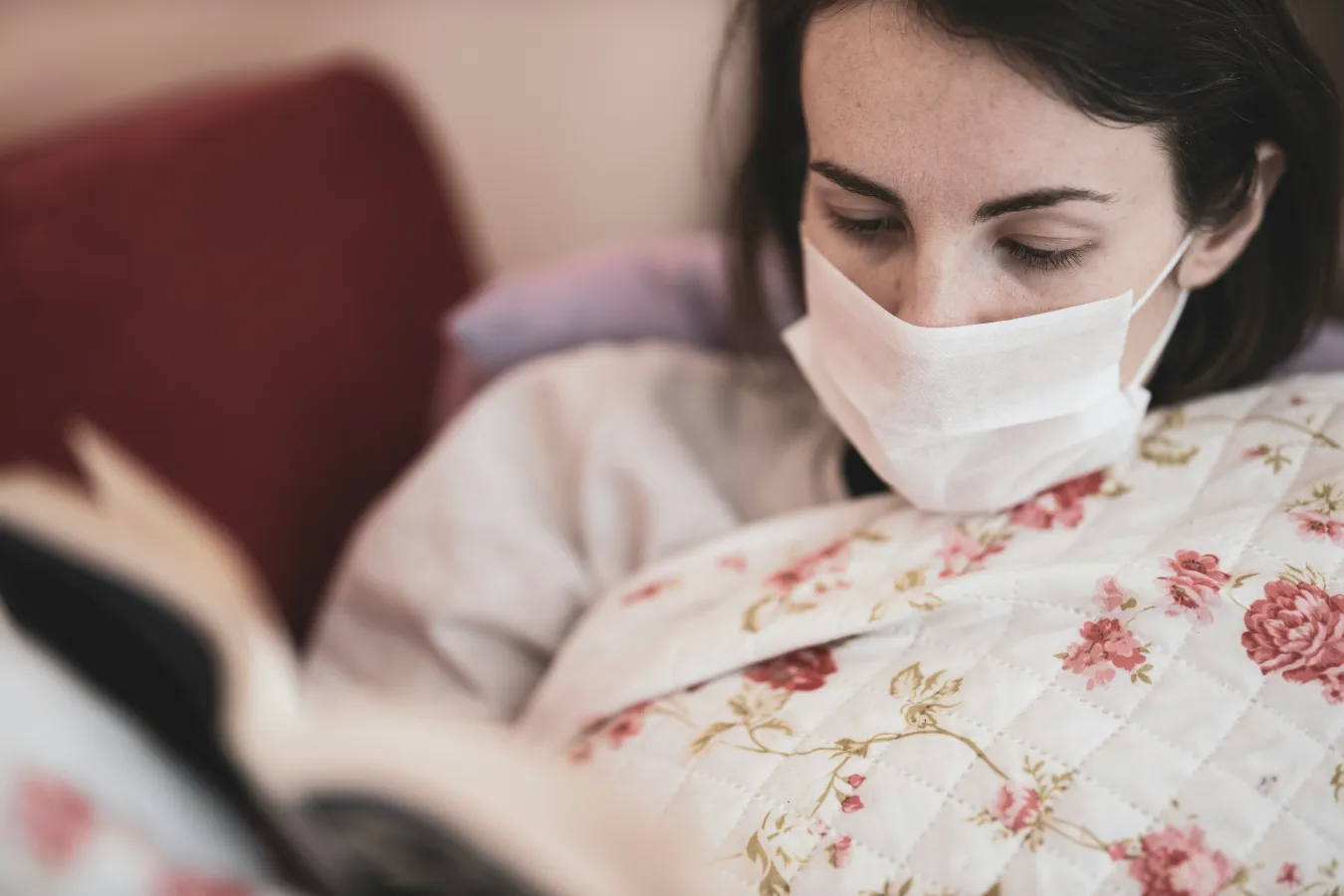




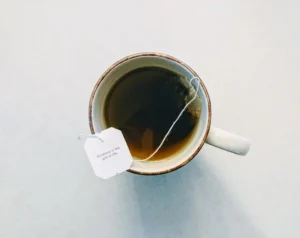


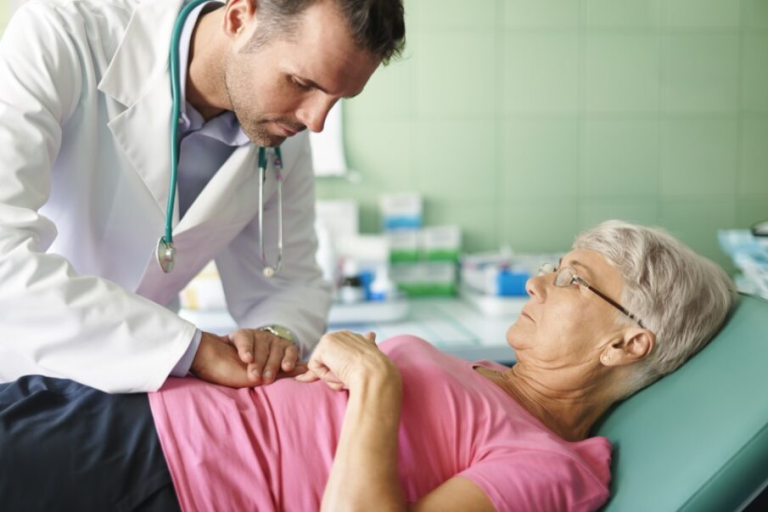





+ There are no comments
Add yours